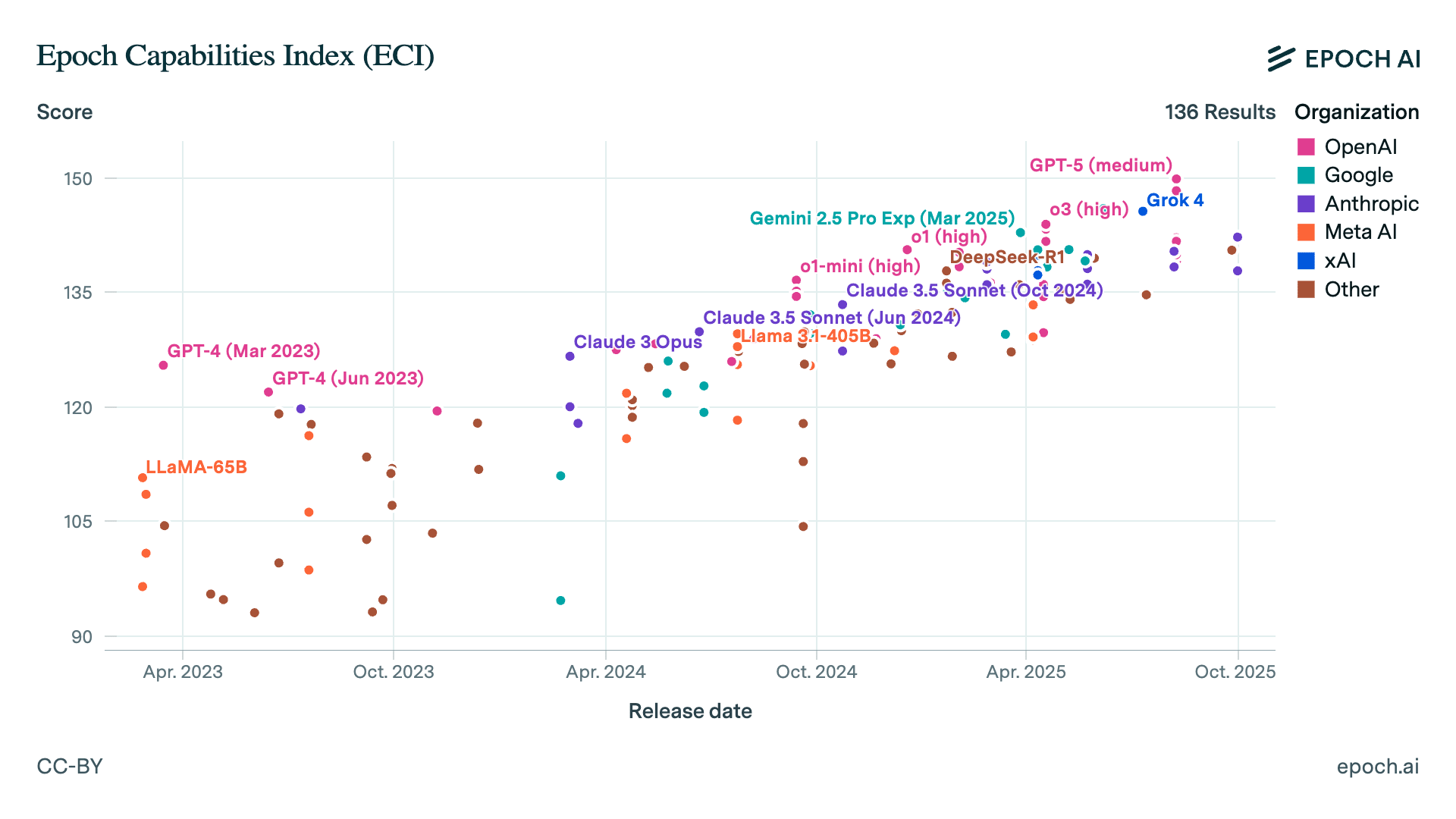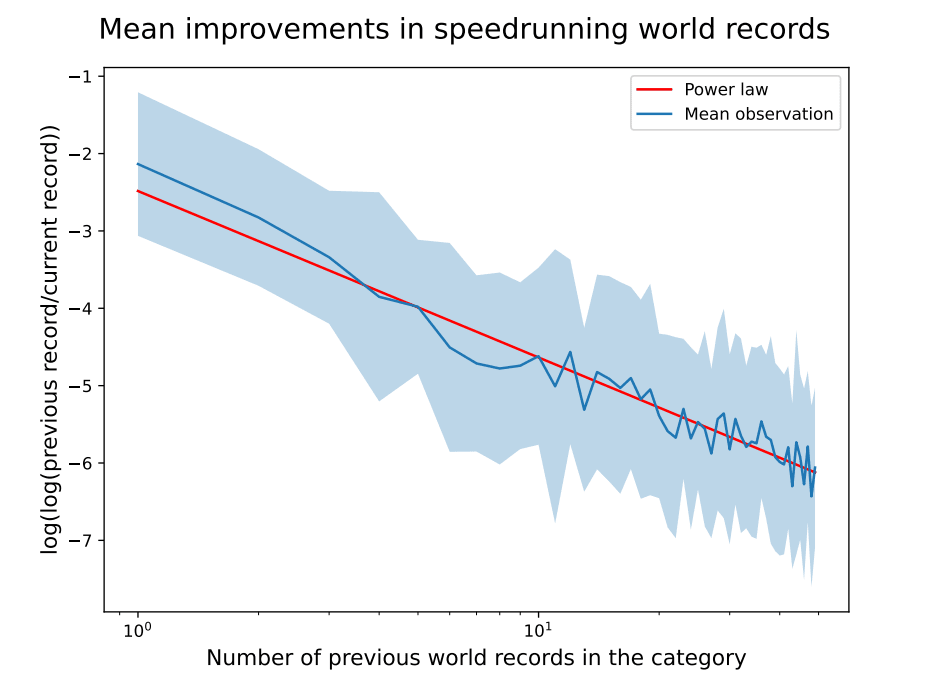Announcing Epoch: A research organization investigating the road to Transformative AI
Summary * We are a new research organization working on investigating trends in Machine Learning and forecasting the development of Transformative Artificial Intelligence * This work is done in close collaboration with other organizations, like Rethink Priorities, Open Philanthropy, and MIT CSAIL * We will be hiring for 2-4 full-time roles this summer – more information here * You can find up-to-date information about Epoch on our website What is Epoch? Epoch is a new research organization that works to support AI strategy and improve forecasts around the development of Transformative Artificial Intelligence (TAI) – AI systems that have the potential to have an effect on society as large as that of the industrial revolution. Our founding team consists of seven members – Jaime Sevilla, Tamay Besiroglu, Lennart Heim, Pablo Villalobos, Eduardo Infante-Roldán, Marius Hobbhahn, and Anson Ho. Collectively, we have backgrounds in Machine Learning, Statistics, Economics, Forecasting, Physics, Computer Engineering, and Software Engineering. Our work involves close collaboration with other organizations, such as MIT CSAIL, Open Philanthropy, and Rethink Priorities’ AI Governance and Strategy team. We are advised by Tom Davidson from Open Philanthropy and Neil Thompson from MIT CSAIL. Rethink Priorities is also our fiscal sponsor. Our mission Epoch seeks to clarify when and how TAI capabilities will be developed. We see these two problems as core questions for informing AI strategy decisions by grantmakers, policy-makers, and technical researchers. We believe that to make good progress on these questions we need to advance towards a field of AI forecasting. We are committed to developing tools, gathering data and creating a scientific ecosystem to make collective progress towards this goal. Epoch´s website Our research agenda Our work at Epoch encompasses two interconnected lines of research: * The analysis of trends in Machine Learning. We aim to gather data


